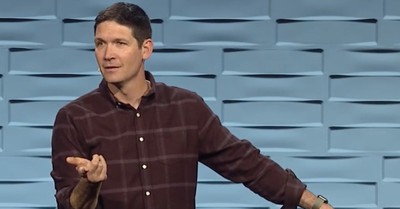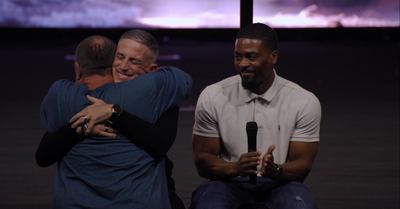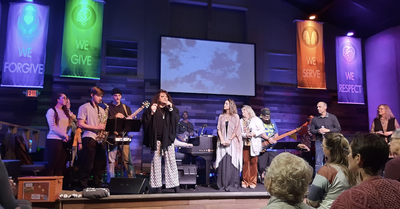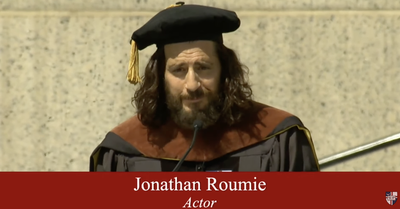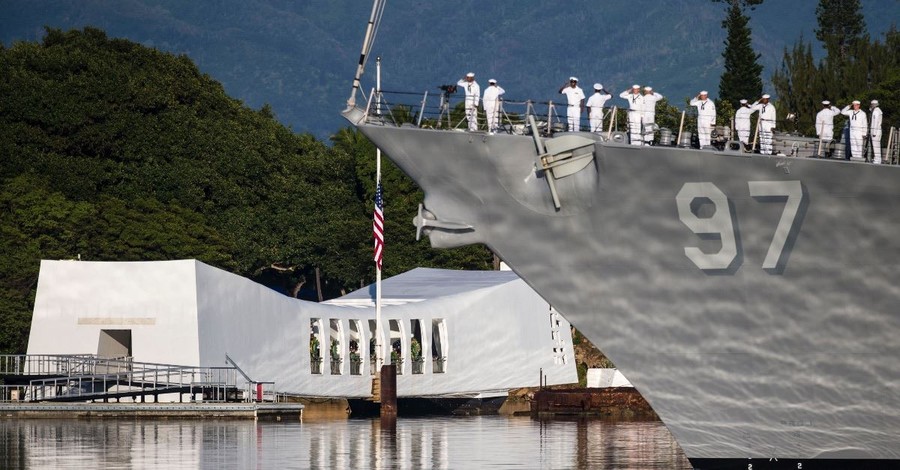
Today, we remember that “day of infamy” that launched the United States into a world war. But it also launched two young airmen on a path to forgiveness and salvation.
Seventy-seven years ago today, the Japanese launched a surprise attack on a U.S. naval base in Hawaii called Pearl Harbor. The next day, President Roosevelt addressed Congress and a shocked nation:
< Yesterday, December 7, 1941, a date which will live in infamy. The United States of America was suddenly and deliberately attacked by naval and air forces of the empire of Japan.” >
Pearl Harbor was for the Greatest Generation what September 11 is for ours: a national memory. Today, as we remember and honor those who served, I also want to tell you a Pearl Harbor story about two men who exchanged hatred for their enemies for a love and friendship.
Japanese naval Captain Mitsuo Fuchida planned and led the deadly air attack on Pearl Harbor. Astonishingly, although his plane was hit 21 times by anti-aircraft fire, Fuchida was able to return to his carrier.
In fact, he escaped death several times during the war. On August 5, 1945, he was attending a military conference in Hiroshima when he was ordered to report to Tokyo. The very next day, the U.S. dropped an atomic bomb on Hiroshima. Fuchida became part of a team sent back to Hiroshima to assess the damage. Every single member of that team died of radiation poisoning—except Fuchida.
After the war, General Douglas MacArthur ordered Fuchida to testify during war trials in Tokyo. Fuchida took a cynical view towards the trials because he believed that Americans—like the Japanese—had committed atrocities against their captives. But his former flight engineer, who had been a prisoner of war, told Fuchida that the Americans had treated him humanely. Even more, he learned of a woman who had ministered lovingly to Japanese prisoners: Peggy Covell.
Covell’s parents had been missionaries to Japan and were captured and killed by Japanese soldiers in 1943. Before the Japanese beheaded them, the Covells asked for 30 minutes in which to pray—in part, their daughter believed, for God to forgive those who were about to execute them.
Fuchida was astonished at the idea that anyone would forgive their enemies—or worship a God who would not, or could not, save their lives. Why, he wondered, would the Covells’s daughter return to Japan to help POWs?
Fuchida found his answer in 1948. At a Tokyo train station, an American missionary was handing out pamphlets titled, “I was a Prisoner of Japan.” It was written by Jacob DeShazer, one of General Doolittle’s Raiders who bombed Tokyo in 1942 in retaliation for Pearl Harbor. As James Nathanial Miller writes in The Liberty Beacon, DeShazer had been “extremely vocal” about his hatred of the Japanese, “declaring that if he could only get his hands on the guy who had led the raid on Pearl Harbor, he would slit his throat.”
As it turned out, it was the Japanese who got their hands on DeShazer when his B-25 crashed in China after the raid. For the next 40 months, DeShazer was starved, tortured, beaten, and kept in solitary confinement—all of which increased his hatred for the Japanese.
But then a guard gave him an English Bible. As DeShazer read, he joyfully surrendered his heart to Christ, and began treating his captors with respect, love, and forgiveness instead of belligerence.
After the war, DeShazer returned to the U.S., trained as a missionary, and returned to Japan to share the love of Christ with his former enemies. It’s estimated that some 30,000 Japanese citizens became Christians because of his ministry—including Mitsuo Fuchida—the leader of the attack on Pearl Harbor.
In 1950, Fuchida sought out DeShazer. The two former enemies embraced each other as brothers and spent the rest of their lives witnessing together to the power of Christ and of the need to forgive.
So today, tell your children the story of Pearl Harbor. But also tell them the story of Mitsuo Fuchida and Jacob DeShazer. Because theirs is a lesson our country sorely needs today.
BreakPoint is a Christian worldview ministry that seeks to build and resource a movement of Christians committed to living and defending Christian worldview in all areas of life. Begun by Chuck Colson in 1991 as a daily radio broadcast, BreakPoint provides a Christian perspective on today’s news and trends via radio, interactive media, and print. Today BreakPoint commentaries, co-hosted by Eric Metaxas and John Stonestreet, air daily on more than 1,200 outlets with an estimated weekly listening audience of eight million people. Feel free to contact us at BreakPoint.org where you can read and search answers to common questions.
John Stonestreet, the host of The Point, a daily national radio program, provides thought-provoking commentaries on current events and life issues from a biblical worldview. John holds degrees from Trinity Evangelical Divinity School (IL) and Bryan College (TN), and is the co-author of Making Sense of Your World: A Biblical Worldview.
Publication date: December 7, 2018
Photo courtesy: Getty Images/Kent Nishimura-Stringer



